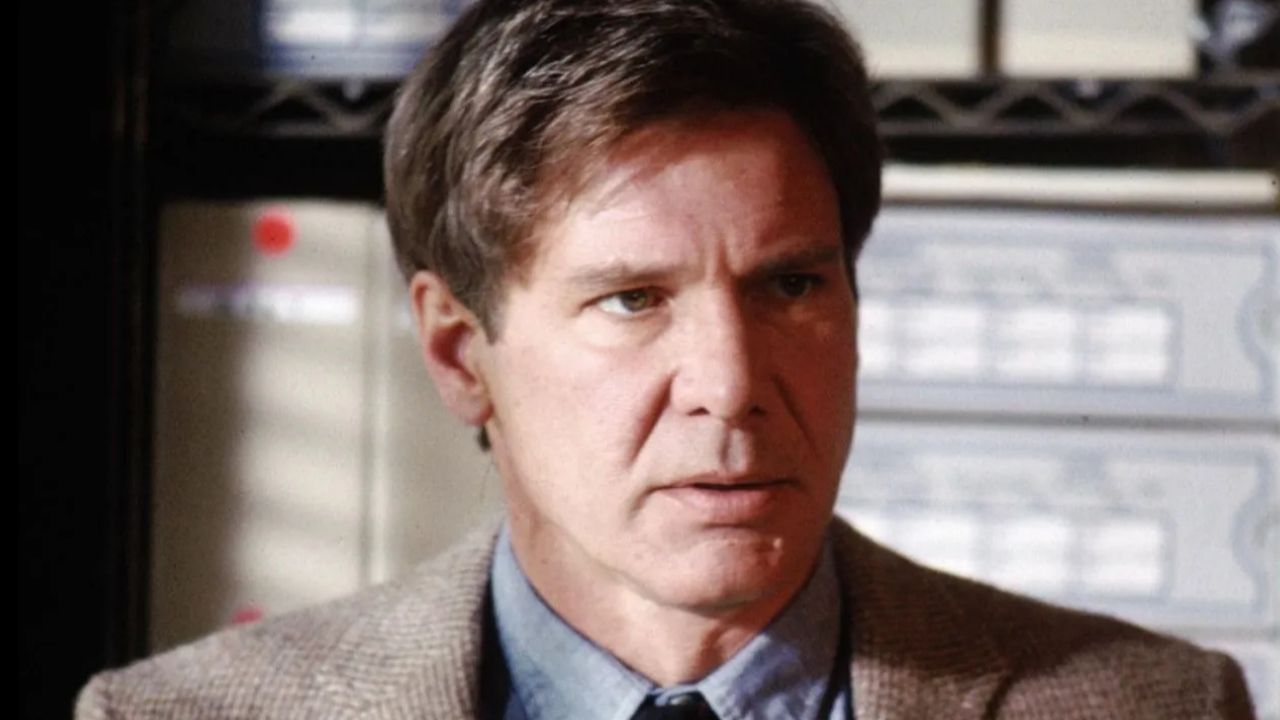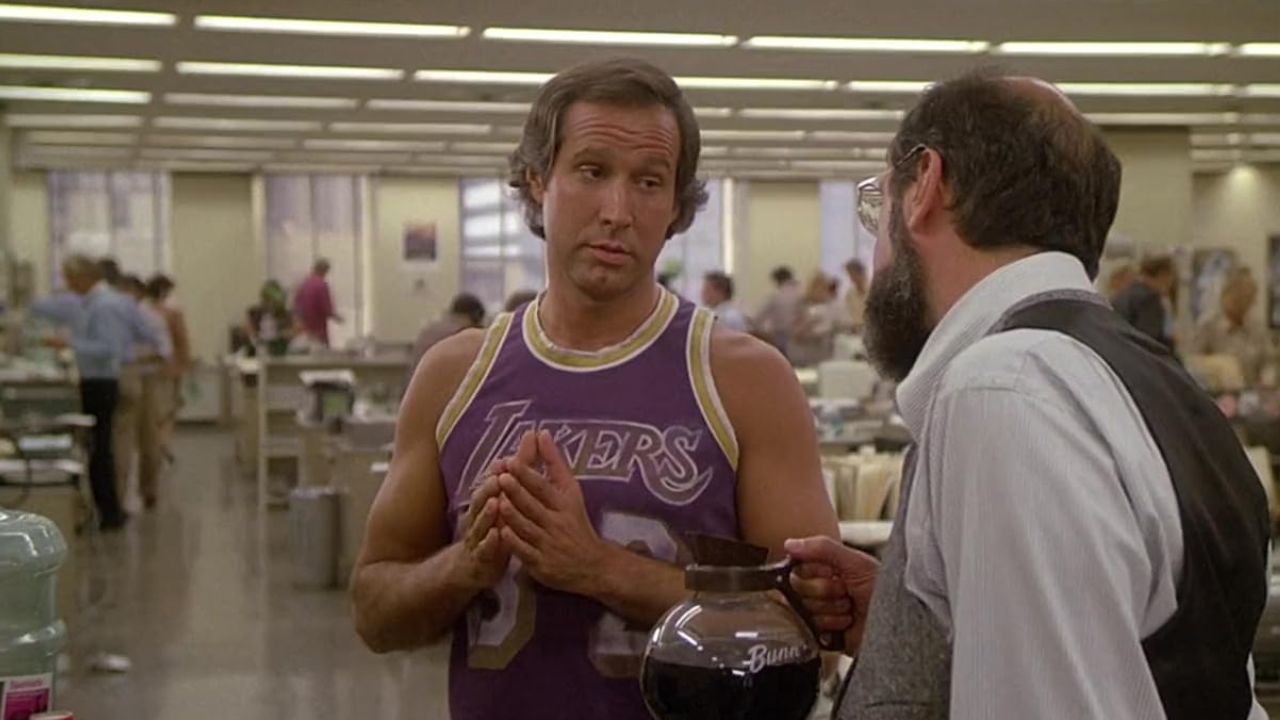Have you noticed a decline in church attendance among your friends or family? There are reasons behind this trend and why more people abandon regular religious practices.
I grew up in a Catholic household, so Sunday mass was a weekly ritual for me. However, as I matured, I began questioning the sincerity of these traditions and the authenticity of those around me, leading to a pivotal decision to distance myself from organized religion.
My personal journey mirrors a larger societal trend. Recent studies shed light on the factors driving individuals away from religious institutions, prompting us to delve deeper into this complex phenomenon and its implications for modern faith communities.
1. Dogma Over Dialogue

Some Christian groups follow strict rules that prevent people from asking questions or considering different beliefs. Society has changed a lot over the last 2,000 years, and how we understand religious texts should also change to fit with modern life.
The Bible teaches important things like patience, forgiving others, accepting people for who they are, and showing love to everyone. According to the Bible, tolerance means accepting and respecting everyone’s differences without thinking we’re better than they are. Strict dogma drives people away.
2. Crisis of Authority

The days of respecting someone just because they hold a position of power are becoming part of the past. Respect is gained by actions and deeds and not by titles.
Transparency and accountability are paramount, but this hasn’t always happened in some religious communities. If the community finds their leaders untrustworthy, it may make them question if they want to stay.
3. Social Justice Disconnect

Many believers say they feel a discrepancy between their church’s stance on social justice, like LGBTQ+ rights and racial equality, and their values of compassion and inclusivity. This divide arises from historical exclusionary attitudes within the church, causing some to feel marginalized.
This disconnect highlights a broader tension between traditional religious teachings and evolving moral beliefs, urging the church to reevaluate its position to create a more inclusive community.
4. Science vs. Faith

The perceived conflict between scientific discoveries and literal interpretations of religious texts leaves many torn between reason and faith. One study found that many young people described the church as “anti-science.”
People felt that many Christians were too sure of themselves and didn’t like that. In some cases, they felt the church strongly rejected science.
5. Hypocrisy Among the Faithful

There’s a reason for the phrase “practice what you preach.” Christians should act in a way that demonstrates their beliefs. Let those without sin cast the first stone. However, many Christians do not live by this lesson.
Too often, they criticize others and think they’re superior. This hypocrisy deters followers.
6. Embrace Diversity

As society grows and changes, so does the diversity of beliefs, lifestyles, and identities. Instead of sticking to strict rules or outdated traditions that might exclude certain people, these individuals seek out communities that celebrate diversity.
Everyone wants to feel respected and valued in their community, so instead of being an outcast in their church, they seek out places to explore their spirituality without judgment or fear of discrimination.
7. Gender Equality

The persistence of patriarchal structures within certain denominations leads many to seek more unbiased spiritual environments. Many individuals, particularly women, feel marginalized and disempowered within these religious communities.
They may feel a disconnect between the values of equality, justice, and compassion espoused by their faith and the realities of their lived experiences within the church. An inclusive community prioritizes women’s equal participation and representation in religious life.
8. Boredom

In the 1960s, the Catholic Church switched from delivering mass in Latin to English. This adaptation allowed more people to participate in the mass. Now, 60 years later, the church must find other ways to engage with modern-day participants.
Studies show that many young people are not engaged or interested in church. In many cases, sermons feel like a lecture rather than something that involves the congregation.
9. Cultural Relevance

Traditional religious practices often originate from historical contexts that sometimes don’t reflect modern culture. This disconnect leads individuals to seek spirituality in more culturally relevant contexts that resonate with their values, experiences, and identities.
Some may seek out alternative forms of worship or religious communities that incorporate elements of modern culture, such as music, art, or social justice activism, into their spiritual practices.
10. Mental Health Stigma

As we learn more and more about mental health issues, we understand that there are particular ways these conditions need to be handled, whether it’s through professional psychology or medication. Historically, Christianity has been accused of stigmatizing mental health.
Part of this perception dates back to when people thought those with mental health issues were demon-possessed. Local authorities might jail or torture the person in an effort to make the demon leave. Unfortunately, the stigma persisted.
11. Political Entanglements

When religion gets mixed up with politics, it can cause problems for some people. Imagine if your church started focusing more on supporting a certain political party than on its religious teachings. This can make you uncomfortable, especially if your political beliefs don’t match what your church is promoting.
To deal with these political tensions in religion, it’s important to have open conversations, listen to different viewpoints, and respect everyone’s beliefs. It’s also crucial to remember that keeping religion separate from politics is essential for a fair and inclusive society.
12. Literal vs. Figurative

Some people take religious texts very literally, believing every word exactly as written. In today’s world, where we understand metaphors and symbolism better, this can cause problems — especially when some parts are taken literally and others dismissed for the agenda of church leaders.
Taking a more flexible approach is better than strictly following literal interpretations. By recognizing that religious texts are complex and open to interpretation, we can find common ground and unite believers.
13. Evangelicalism’s Decline

In societies where evangelicalism never took a stronghold, a church leader living in a mansion and using followers’ donations to fund private jets seems ludicrous. Now, in the U.S., fewer people identify as evangelical, and this shift is part of bigger changes in how people think about religion and culture.
Some might start looking for different spiritual communities that better match their beliefs. With evangelicalism becoming less influential, religious groups have a chance to think about what they stand for and how they can be more welcoming to everyone.
14. Loss of Community

Moving to a new place or making big lifestyle changes can mean leaving behind the friends and support system you had in your religious community. It can feel like you’re floating without direction in your faith journey.
Losing that community can make you rethink your spiritual beliefs and where you belong. It’s tough, but dealing with this loss means being strong, open to new things, and willing to find different ways to connect with your spirituality.
15. Personal Growth and Exploration

People grow and evolve, and their beliefs and values may also naturally evolve. Embracing personal growth and exploration requires openness to new ideas, experiences, and perspectives and a commitment to authenticity and self-discovery on one’s spiritual journey.
If Christianity doesn’t support this growth or shuns their new beliefs, the chances of those individuals returning to their church are slim.
Read More From Us – 17 Movies With Zero Expectations That Blew Us Away

Never judge a book by its cover. You can say the same about movies.
Some of our favorite films are the ones we went into with no expectations. Despite this, they blew us away from start to finish.
17 Movies With Zero Expectations That Blew Us Away
Read More From Us – Classic 80s Movies Better Than Anything Released Today

The 80s was an incredible time for film. From award-winning cinema to hilarious comedies and everything in between, there was something for everyone to enjoy.
Thankfully, many of these 80s movies still hold up today. I regularly find myself watching these beloved 80s movies more often than modern cinema.
Classic 80s Movies Better Than Anything Released Today
Ree Winter, an Australian journalist now based in New Orleans, combines her love for solo travel with a sharp eye for great flight and accommodation deals. She eagerly shares her travel insights with her audience, drawing from her rich experiences. Ree holds a Master's degree in Journalism and a Bachelor of Arts in Literature and History. Her fascination with history is evident in her stint as a tour guide at historic house museums, showcasing her knowledge of architectural history. Beyond journalism and history, Ree has a unique flair for coffee culture. As a barista, she's operated a coffee van at various events and markets, showcasing her skill in coffee preparation.
